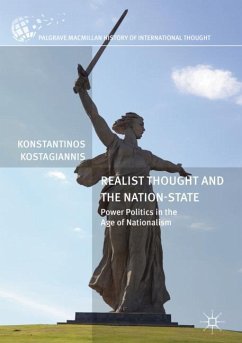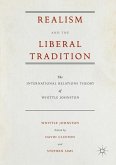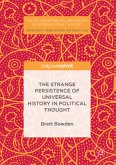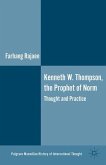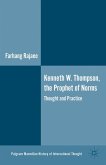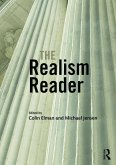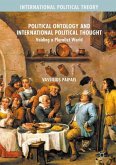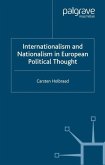This book recovers the history of realist theorization on nationalism and the nation-state. Presented in a sequence of snapshots and illustrated by examples drawn from the foreign policy of great powers, this history is represented by four key realist thinkers. It uses the centrality of power in realism as a starting point to claim, contrary to conventional wisdom about realism, that for realists the state is better understood not as a political unit outside history but rather as a manifestation of power unfixed in time. It also claims that the process of gradual impoverishment of the concept of power from classical to structural realism had profound implications for realism, as what the latter gained in parsimony it lost in analytical purchase. As a result, elaborate understandings of nationalism and its relation to the state are replaced by one-dimensional approaches. In order to offer meaningful engagement with foreign policy, neorealists often have to resort to the recovery of someof the complexity of classical realist accounts.
Bitte wählen Sie Ihr Anliegen aus.
Rechnungen
Retourenschein anfordern
Bestellstatus
Storno

